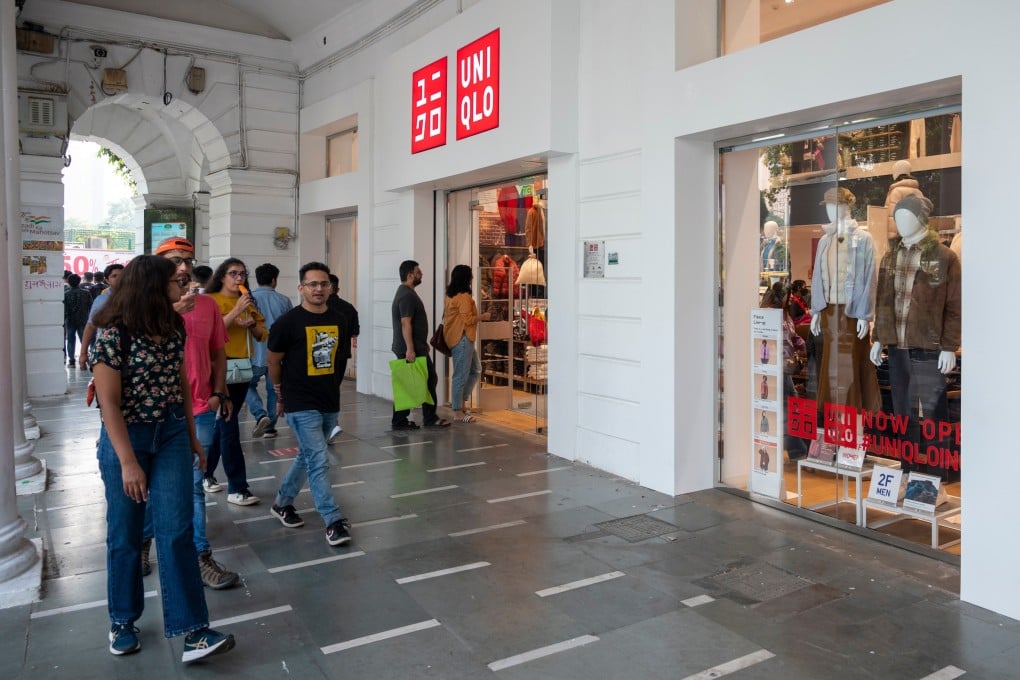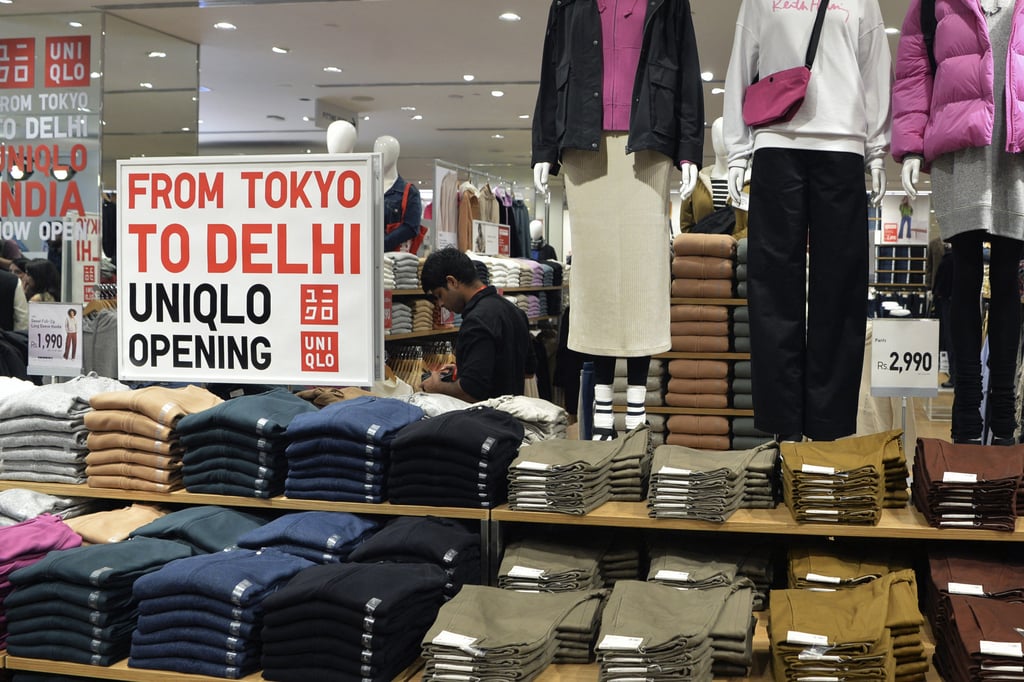A yen-ning for minimalism: why Japanese brands are taking young Indians by storm
- A new wave of mid-range retailers is capitalising on Japan’s reputation for quality goods, winning millennial and Gen Z fans seeking ‘practical, functional’ items
- With two-thirds of India’s population being under 35, the market holds ‘vast potential’ for Japanese retailers hurting from a contracting domestic economy

While Japanese cars, watches and gadgets have long been popular among well-to-do Indians due to the high levels of craftsmanship, a new wave of mid-range retailers selling everything from fast fashion outfits to household goods is capitalising on that reputation for quality.
There are currently some 1,400 Japanese firms operating in India, where a massive manufacturing base and relaxed foreign investment policies are set to attract more to set up shop.
“Indians have a long relationship of trust with Japanese brands, such as Sony and Suzuki, due to their association of Japan with high quality and price sensitivity,” said Arnab Dasgupta, a research analyst at the Manohar Parrikar Institute for Defence Studies and Analyses specialising in issues related to Japan.

Household and consumer goods chain Muji, cutlery-maker KAI and lingerie label Wacoal are just a few Japanese brands that have reached Indian shores in recent years.